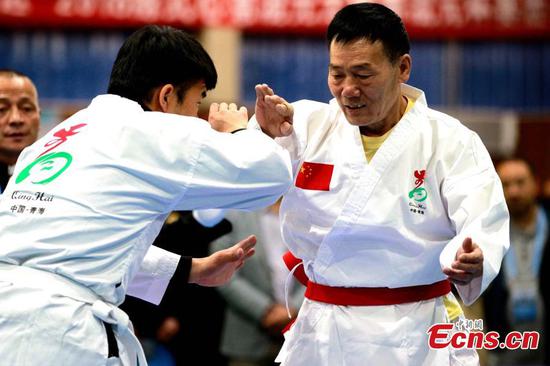Kuaishou, AcFun must observe bottom line in video industry: analyst
Chinese video platforms should strictly comply with the bottom line of creating videos and pay careful attention to copyright protection to ensure the sound long-term development of the sector, an industry analyst said.
The comment came after online short video start-up Kuaishou, backed by Tencent, said Tuesday it would acquire video-streaming site AcFun, although no details were disclosed.
AcFun will retain independence in branding, operations and development, while Kuaishou will offer financial, technology and other resources, Kuaishou told the Global Times.
Apart from Kuaishou, Chinese technology giants, including Tencent and rival Bytedance, which owns the popular Douyin platform, are making a major push in the fast-growing online video sector, Reuters reported. It said the industry is expected by IHS Markit to be worth about 96.2 billion yuan ($15 billion) by 2020.
The large market, however, is plagued with vulgar, sexualized and violent content, which is used to attract users seeking novelty.
"Although China is a large market, there is also fierce competition. To attract users at the preliminary stage of their operation, some platforms use vulgar content to build up a user base quickly. But just like taking drugs, this strategy will harm these companies' influence as well as social value sooner or later," said Liu Dingding, a veteran industry analyst in Beijing.
Copyright protection is another urgent issue facing the sector, Liu told the Global Times on Tuesday, noting that the bottom line should not be breached. "Movies and episodes of TV series are displayed indiscriminately by video sites' producers. The latest superhero movie Avengers can be downloaded on some domestic video platforms. That kind of thing is common in China."
There are also conflicts among competitors. Dueling lawsuits filed on Friday by Tencent and Toutiao, which owns the popular short video app Douyin, for unfair competition and defamation stand as the latest example.
Domestic firms should shift their focus to improving their product quality and competing with their international counterparts instead of fighting over the Chinese market, according to Liu.




















































